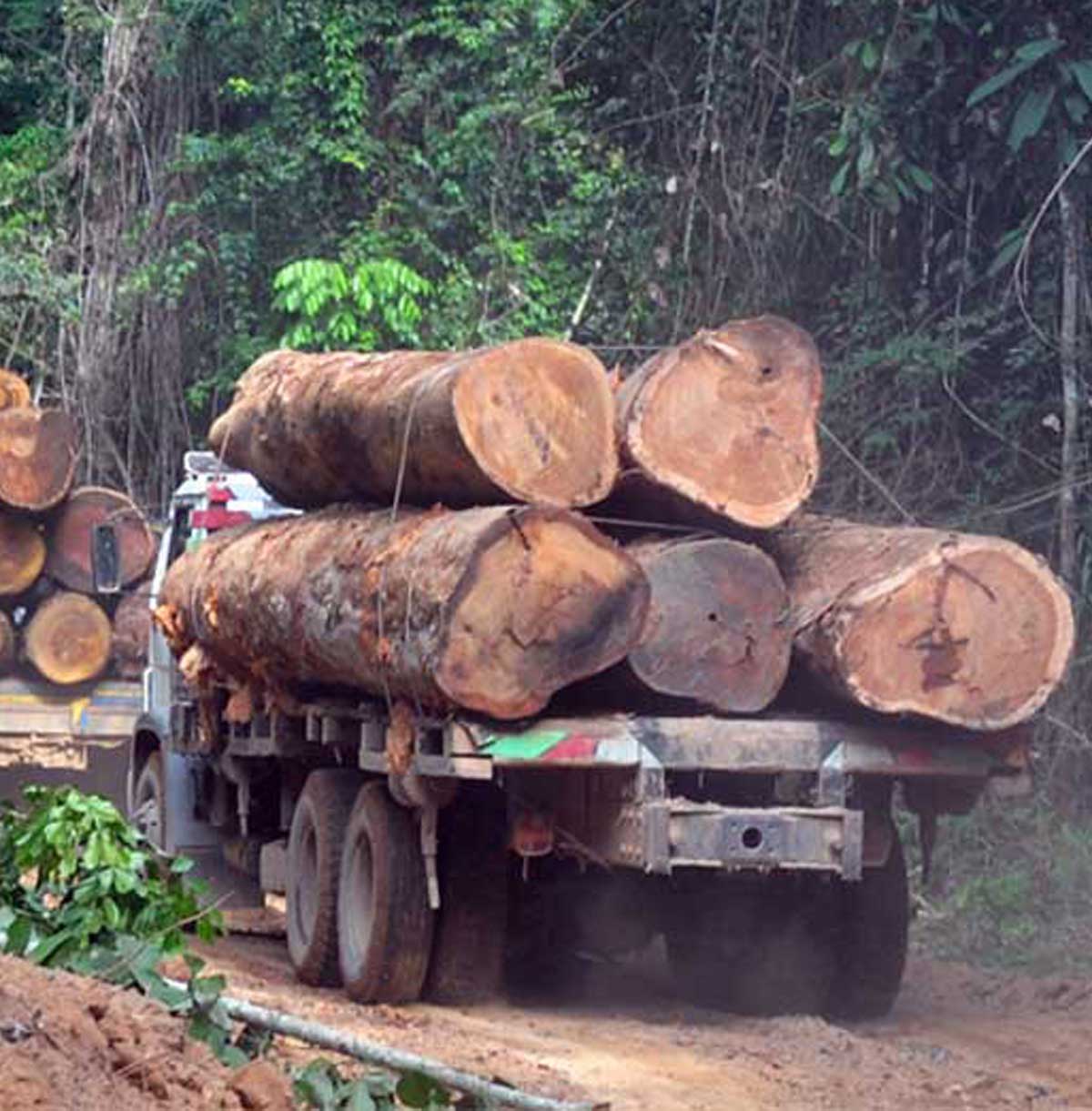
About 20 forest-sector actors in Mato Grosso attended a workshop convened by the Center for Timber Producers and Exporters of Mato Grosso State (CIPEM) in Cuiabá in October 2019 on the prospects for increasing trade with the EU.
The workshop was the result of a partnership between CIPEM and the Netherlands-based Sustainable Trade Initiative (IDH), signed in April 2019.
At the event, IDH presented data on the forest sector as well as export scenarios and trade rules for supplying major buyers in the EU.
According to IDH, Brazil has the capacity to trade around 40% of all wood consumed in the world, given its approach to sustainable forest management and the fact that the country has the planet’s largest areas of rainforest—yet it produces only 10%. IDH indicated that the State Secretariat of the Environment (SEMA)’s Forest Products Trade and Transport System (SISFLORA) is aligned with EU requirements.
Mato Grosso reduces forest regulation red tape
The state deputies of Mato Grosso approved a draft bill on 23 October 2019 that brings state legislation into line with the Brazilian Forest Code, classifying wood consumers according to the size of the undertaking. Thus, individuals or companies considered large consumers are required to submit sustainable supply plans (SSPs) indicating how they will meet demand for raw materials and woodfuel.
Those consuming less than 49,500 cu.m of roundwood per year do not need to submit SSPs.
The Center for Timber Producers and Exporters of Mato Grosso State (CIPEM) expressed the view that the change will reduce red tape in the sector. The previous proposal required the preparation of SSPs by those consuming more than 12,000 cu.m of roundwood per year. The bill also requires that individuals and companies consuming more than 24,000 stere metres per year of charcoal are required to maintain or establish forests, directly or in partnership with third parties, to ensure the sustainability of operations through their SSPs.





